By Amanda PaulLast week, the Southern Corridor took another step forward when the Shah Deniz Consortium announced the final investment decision (FID) for Stage 2 development of Azerbaijan's Shah Deniz gas field in the Caspian Sea. The official signing took place in Baku, where Azerbaijani President Ilham Aliyev was joined by the leaders of other countries along the Southern Corridor route, as well as European Commissioner for Energy Günther Oettinger. For the gas guzzling EU, this progress was warmly welcomed, with commission President José Manuel Barroso saying: “This important step will give the EU direct access to gas from the Caspian Basin. This is a major milestone for the diversification of our energy supplies, to the benefit of European consumers and businesses.”Shah Deniz, which was discovered in 1999, is the largest natural gas field in Azerbaijan. It is approximately the same size and shape of Manhattan Island, covering some 860 square kilometers with a depth of some 600 meters and an estimated 1.2 trillion cubic meters of gas (40 trillion cubic feet).The agreement allows the Shah Deniz partners -- which include the State Oil Company of Azerbaijan Republic (SOCAR), BP, Statoil, Total, the national Turkish Petroleum Corporation (TPAO), Lukoil and Iran's NaftIran Intertrade Company (NICO) -- to proceed with investments of some $28 billion for the second stage of development. It launches plans to expand the South Caucasus Pipeline through Azerbaijan and Georgia; to construct the Trans Anatolian Gas Pipeline (TANAP) across Turkey; and to build the Trans Adriatic Pipeline (TAP) across Greece and Albania and into Italy. Taken together, this represents a major step in bringing the Southern Corridor to life, with Azerbaijan playing a pinnacle role, becoming the first Caspian state to bring gas to the EU market, reinforcing the strategic partnership it has with the EU in the energy sector. The first gas deliveries are expected by the beginning of 2018 with Shah Deniz II supplying 16 billion cubic meters (bcm) annually -- six bcm to Turkey, and 10 bcm to Europe via TANAP and TAP. A mammoth engineering feat, the project requires some 400 kilometers of underwater pipe to develop and extract the gas.Presently, the EU consumes some 400 bcm of gas annually. While energy demand has been flat due to economic doldrums, minimal population growth and increased efficiency, projections show this figure is set to rise as the EU economy begins to pick up. Despite efforts to diversify energy mixes, according to BP's 2013 Energy Outlook, in 2030, 80 percent of the world's energy consumption will still come from fossil fuels and, due to an expected decline of indigenous production of gas, Europe will become more dependent on imports. By 2030, Europe will need to import around two-thirds of its overall gas requirements. While some of this will come from liquefied natural gas (LNG), the larger chunk is still expected to come via pipeline.While 10 bcm may seem like a drop in the ocean, it is significant. It should help create momentum in terms of EU efforts to diversify its supply routes and sources, which will hopefully encourage other states in the region to follow suit and which will have a significant psychological affect; it will also help create tens of thousands of new jobs and help promote regional cooperation and other projects along the way. It also underpins the important role that Azerbaijan plays. Along with Kazakhstan and Turkmenistan, Azerbaijan is the only serious oil and gas producing country worldwide that does not have access to open sea. But with the Southern Corridor, Baku has cracked this nut, making a favorite political maxim in Azerbaijan, “Happiness is multiple pipelines,” a reality.Azerbaijan's role as a European gas supplier is also expected to grow as the country develops additional large fields in the Caspian, thereby taking a much greater stake in the global gas market as its oil production begins to decline.
SOCAR is also keen to further spread its wings and develop both upstream and downstream opportunities in Europe. Having invested in the internal Greek gas network DESFA, this offers an opportunity to go much deeper into Europe. Combine this with the big stake SOCAR already has in Turkey, and it seems that Azerbaijan is set to have an increasingly big stake in the Eurasian and European markets.
(Today's Zaman)
ANN.Az
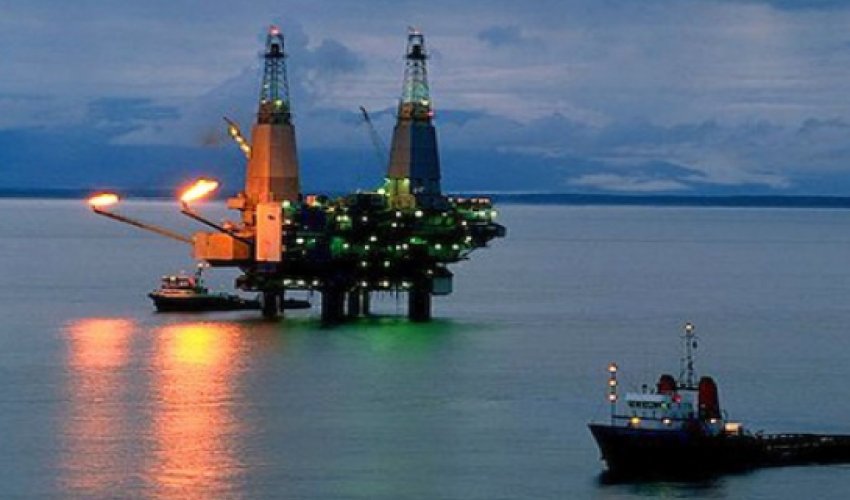
























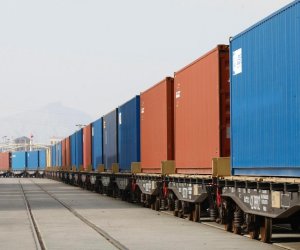
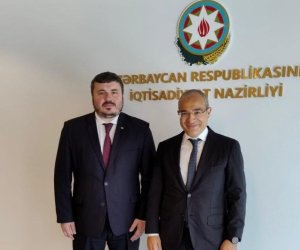

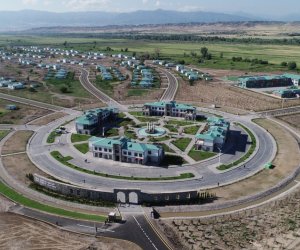

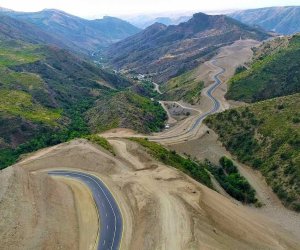
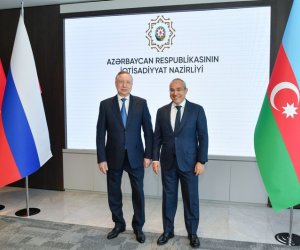
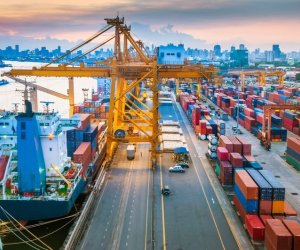
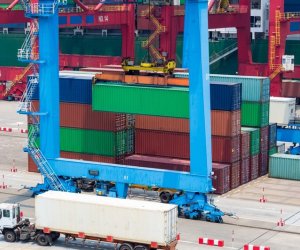



 Photo
Photo 



 Video
Video 

